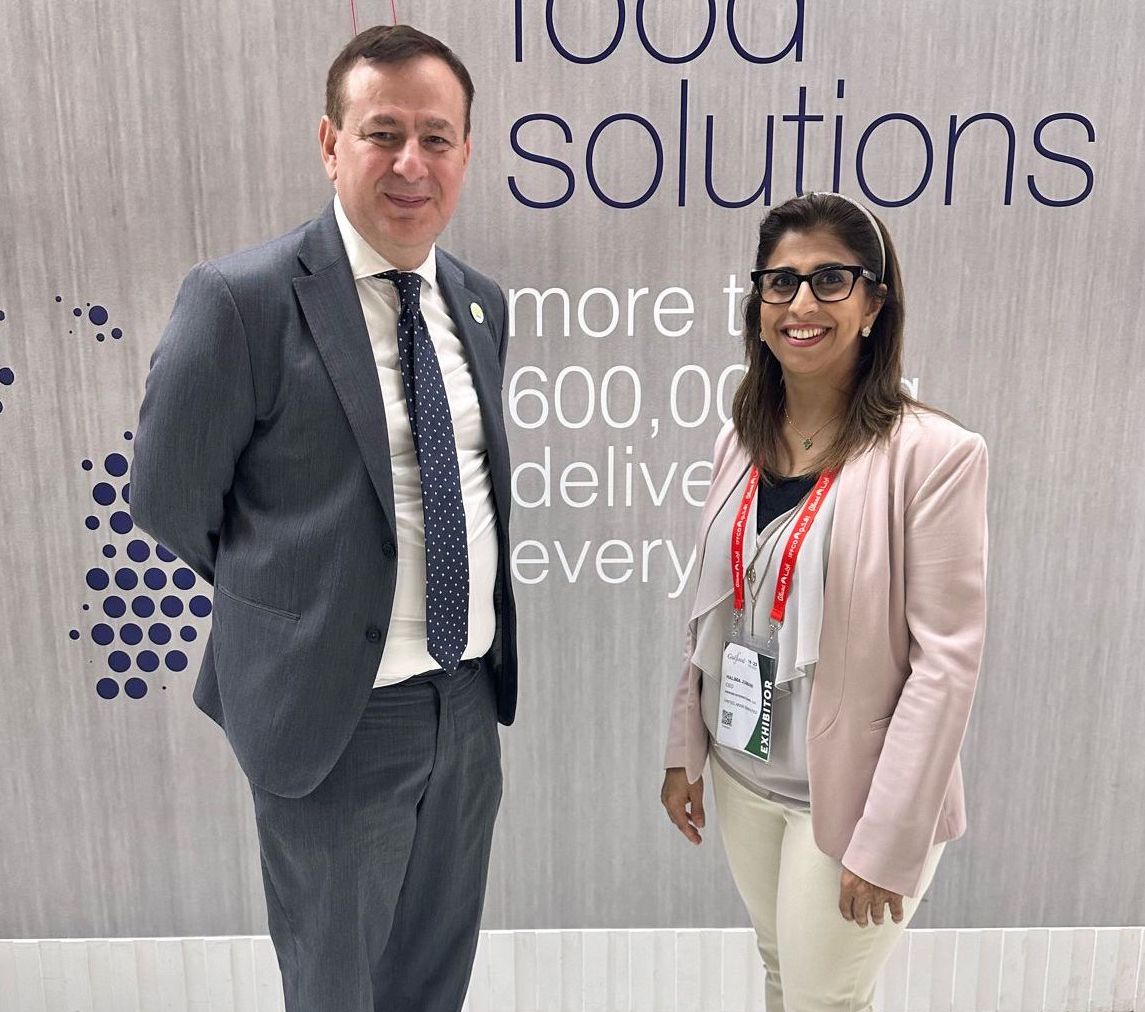food
-
Latest News
Dubai Municipality and Majid Al Futtaim – Retail partner to ensure sustainable food supply chain
by salehDubai Municipality has announced that it has signed an MoU with Majid Al Futtaim – Retail with the aim of ensuring the sustainable provision of strategic food commodities in Dubai’s …
-
Dubai Municipality has shared that it will participate in Gulfood 2024, which will be held from February 19 to 23 at Dubai World Trade Centre. Dubai Municipality said the event, …
-
Business France, the national agency supporting the international development of the French economy, has shared that 96 French companies are set to exhibit at Gulfood in Dubai from 19 to …
-
A new report from the Food System Economics Commission (FSEC), the most comprehensive economic study of its type, has found that moving to a more sustainable global food system could …
-
Latest News
PepsiCo Egypt celebrates the fourth harvest season of potatoes through the “She Feeds the World” program
by salehPepsiCo Egypt recently celebrated the fourth harvest season of the potato crop, as part of the “She Feeds the World” program. The program began back in 2020, a collaboration with …
-
Latest News
Green Thumbs, Global Goals: Revolutionizing Food in the GCC with a Dash of Estonian Ingenuity
by salehIn a world where avocados and lettuce travel more than most of us did pre-pandemic, it’s time to ponder: Is our salad’s air mileage racking up more points than our …
-
Latest News
‘Promoting Healthy Nutrition in Educational Institutions’ initiative launched by Dubai Municipality
by salehDubai Municipality has announced the launch of its ‘Promoting Healthy Nutrition in Educational Institutions’ initiative, aimed at reaching over 300,000 students in schools across the emirate. The initiative, it shared, …
-
JBS, the largest food company in the world, has started the issuance of International Renewable Energy Certificates (International REC Standard / I-REC).The company is the first in the food sector …




